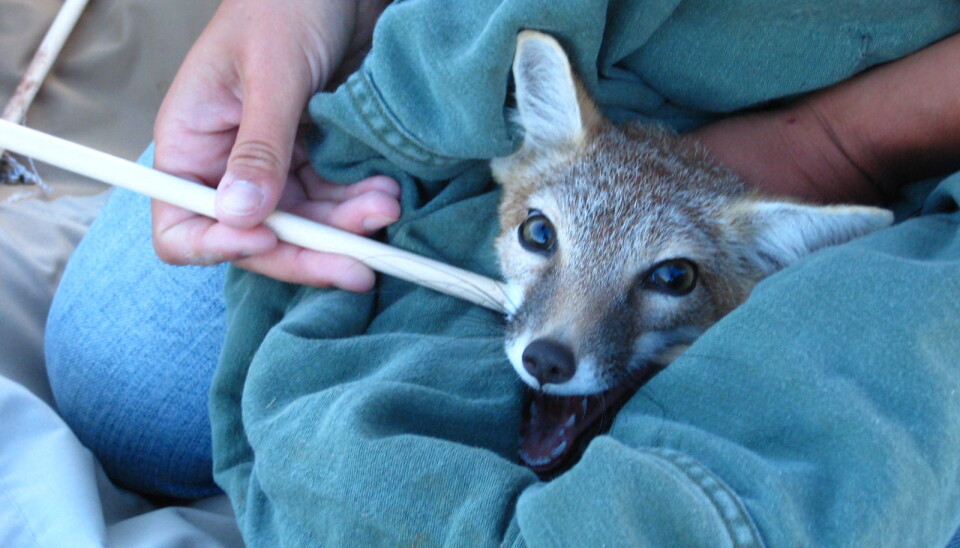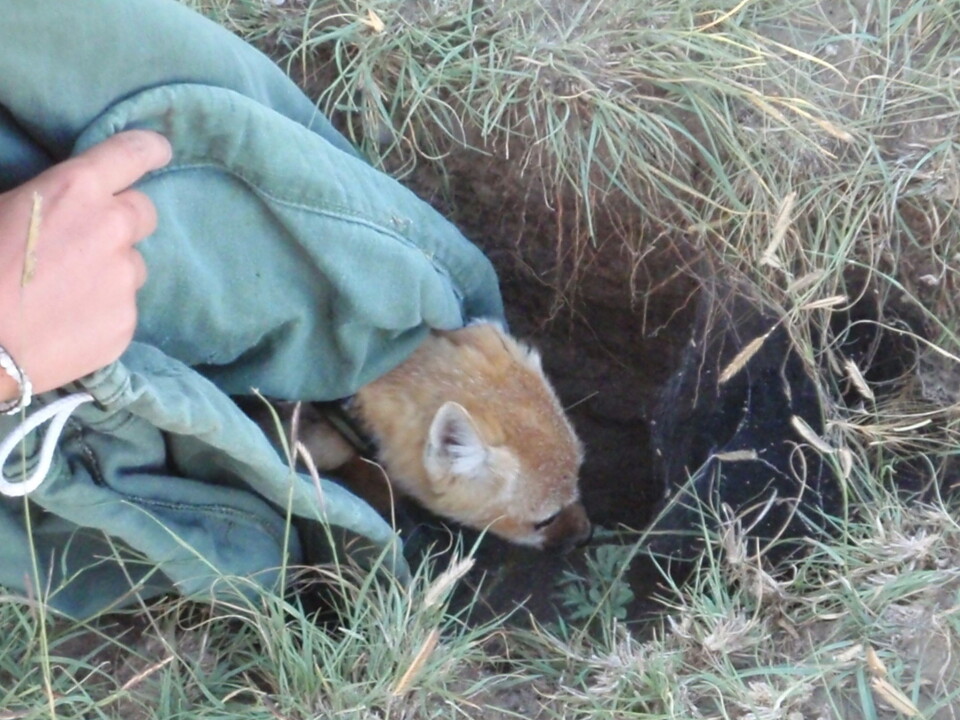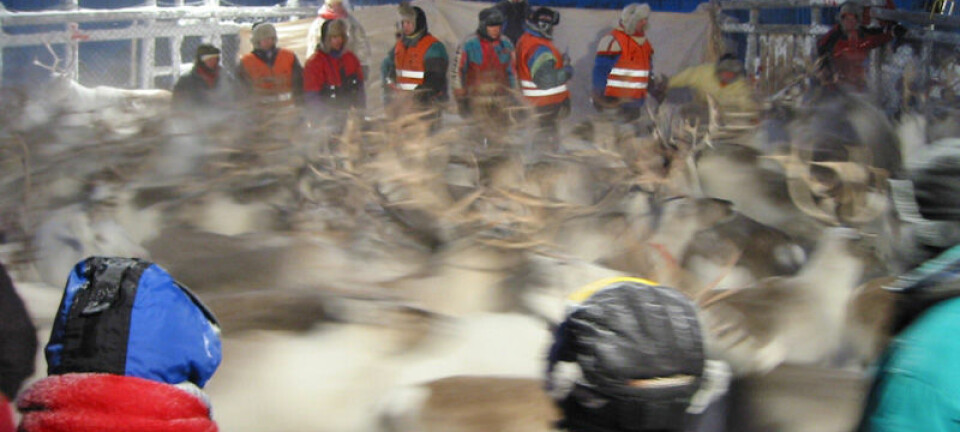
Personality crucial for endangered species
Endangered animal species need to have their personalities analysed – a prerequisite for scientists to adapt their preservation work to the needs of the individual species.
Danish biologist Christina Hansen has spent a large part of the research for her Master’s thesis on a prairie in Colorado. Here she has studied the personalities of foxes from the Vulpes Velox species.
These personality analyses will be used to prove that preservation work with endangered species should include behavioural biology.
“An animal’s personality has a clear effect on its ability to survive and find food in a world that’s constantly undergoing change caused by humans,” says Hansen, who received her MSc in biology at the University of Copenhagen.
“By learning more about each individual animal’s personality, we can gain a clearer picture of the possibilities for preservation work.”
Humans make demands on the animals’ personalities

Today, the fragmentation of animal habitats poses a major threat to many species, which makes it necessary to learn about how each individual animal responds.
”It’s possible that some personalities are better suited to deal with the fact that their home is shrinking,” says Hansen. “Courageous individuals within a species may be better equipped go out and explore the surroundings and maybe that way they can find a more suitable place to live.”
On the other hand, she adds, adventurous animals are more prone to run into difficulties, and in some cases it may just be better for them to stay where they are.
“These considerations are easier to make if you know the animals’ personalities.”
Foxes presented with an orange bucket
An animal’s personality has a clear effect on its ability to survive and find food in a world that’s constantly undergoing change caused by humans.
Christina Hansen
As part of her research, Hansen studied the behaviour of foxes when they were presented with an unknown object – in this case an orange bucket which had been placed in front of the entrance to their cave.
She listed more than 25 different reactions to the presence of the orange bucket, such as curiosity, fear or indifference. The observations were then fed into a computer, which identified correlations between the various reactions.
The software categorised the individual expressions of behaviours into groups of personality traits, which for example expressed braveness or activity.
“In this way, the individual personalities could be listed relative to one another along a brave/cautious axis and an active/inactive axis,” she explains.
The results from the orange bucket experiment were compared with a behavioural study of the foxes’ reactions to being caught and handled, in connection to being fitted with radio collars.
The comparisons revealed that the brave foxes displayed braveness both when faced with the orange bucket and in the handling situation.
This led Hansen to conclude that these were distinct personality traits, and not just random reactions to an orange bucket.
Armed with this knowledge, she could start to theorise on what this meant.
“In theory, brave foxes are more likely to spread around in the area and thereby promote the stock,” she says.
“But they also have a greater tendency to die early on in life. So the success of a species requires that the stock consists of brave as well as cautious individuals, so they can adapt to all possible outcomes of a man-made changeable environment.”
To be transferred to leopards
The potential of animal personality studies is not restricted to foxes in Colorado.
Hansen’s next project is a PhD thesis in South Africa, where she will study leopards’ personalities, and on that basis make a management plan for leopards and their contact with humans.
“In line with the reduction of the leopards’ territory, we’re seeing an increase in the contact between them and us humans. Many of these contacts are real conflicts, and by knowing about leopards’ personality we can learn how to avoid these conflicts.”
Professor welcomes the idea
Animal personality studies have long been a peripheral research area that has been frowned upon in scientific circles.
The past 20 years, however, have seen an increased interest in the possible applications of such studies, so Hansen’ approach to animal personality is in keeping with current trends in the field.
“Scientists have started applying knowledge about animal personalities in a variety of innovative contexts,” says Professor Björn Forkman, of the Department of Basic Animal and Veterinary Sciences at the University of Copenhagen, who studies animal welfare.
“This applies not only livestock farming, but also to personality studies of various monkey species, which are well advanced. The idea of using the animals’ personality in preservation work looks promising.”
--------------------------------
Read this story in Danish at videnskab.dk
Translated by: Dann Vinther







